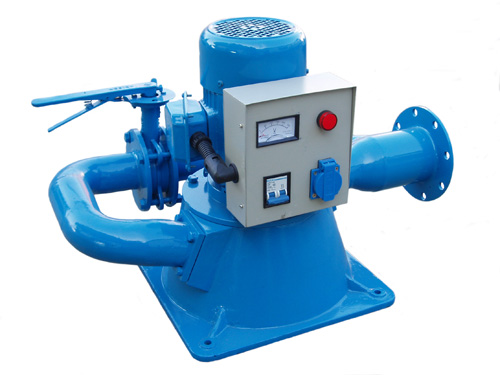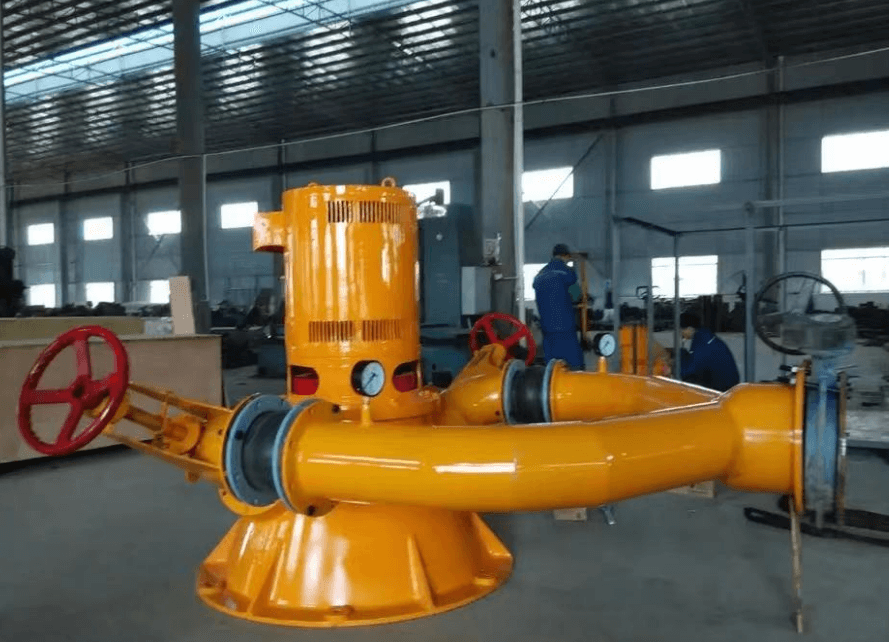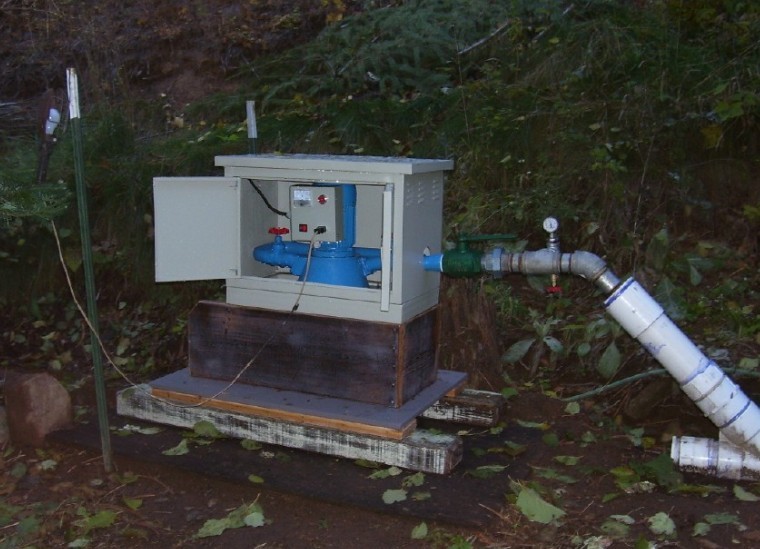How Much Does a 5kw Hydro Turbine Cost? – The Complete Buying Guide
Micro hydropower is an economical renewable energy solution for properties located near consistent flowing water sources.
Investing in a properly sized hydro turbine system can provide clean electricity generation at a lower and more stable cost compared to grid supply.
This comprehensive guide examines the typical costs involved in purchasing and installing a 5 kW micro hydro turbine system for a small-scale residential or commercial property.

It covers an overview of hydro turbine systems, cost considerations, equipment breakdown, factors impacting project pricing, and tips for cost-effective implementation.
Contents
Overview of Micro Hydro Turbine Systems
Micro hydro turbines utilize flowing water’s kinetic energy to generate electricity. Water from a stream or river is channeled via a pipeline to a turbine connected to a generator. As water strikes and turns the turbine blades, the rotational motion spins a generator to produce electricity.
Hydro turbine systems are highly customizable for different installation sites and power output needs. A proper match between the site’s head (vertical drop) and flow rate is necessary to size an optimal turbine system.
For a small property requiring around 5 kW power supply, an “impulse” style turbine like Pelton or Turgo is commonly used. These can operate with high efficiency in sites with at least 15-30 ft. of head and minimum 5 gallons/second water flow.
Typical Costs for a 5kW Hydro Turbine System
A 5 kW micro hydro turbine system for residential or commercial sites typically costs between $15,000 to $55,000 including equipment, installation, and auxiliary components. Key factors impacting overall project cost include:
- Type of turbine and accessories/controls selected
- Site pipeline and civil work requirements
- Powerhouse and installations costs
- Projectengineering and permitting fees
Ongoing annual maintenance costs are relatively low, averaging $0.005 to $0.02 per kWh.

Equipment Cost Breakdown
Turbine
The turbine itself forms the core component. For a 5 kW system, the turbine costs around $4,000 to $13,000 depending on type, construction material, and manufacturer.
Generator
An induction generator matched to the turbine costs approximately $800 to $4,000. Permanent magnet generators are more expensive at $2,500 to $6,000.
Powerhouse
The powerhouse structure to house the turbine and generator costs $5,000 to $20,000 depending on size and required materials, labor, foundation etc.
Piping
HDPE or PVC pipes to deliver water from intake to turbine cost around $3,500 to $8,000 for a 5 kW system. Pipe costs depend on diameter, length and amount of excavation.
Intake
The water intake system with screens and controls costs approximately $1,500 to $4,000 depending on design and site conditions.
Controls
Automation controls, load controllers, inverters etc cost $800 to $3,000. More sensors and remote monitoring capabilities increase costs.
Installation
Installation costs for assembly, construction, and plumbing total $3,000 to $8,000. Site accessibility impacts installation expenses.
Key Cost Considerations
Available Head and Flow Rates
Sites with good head heights and water flow volumes require smaller and less expensive hydro systems compared to lower head/flow locations for the same output.
Turbine Type
Impulse turbines like Pelton are generally less expensive than reaction models like propeller or Francis turbines for small-scale applications.
Construction Scale
Building customized powerhouses and complex intake systems is costlier than using prefabricated standardized modular components.
Automation and Monitoring
More sensors, automation controls and remote monitoring capabilities add to costs but can maximize uptime and performance.
Site Location and Conditions
Ease of access to the site and foundations/terrain conditions influence construction, permitting and installation costs.
Backup Power Needs
Incorporating battery storage and grid interconnection for backup power contributes additional expenses.
Ongoing Maintenance
Regular maintenance is recommended to maximize lifespan and performance. This requires periodic cost allocation.
Strategies to Minimize Hydro Turbine Costs
Maximize Head and Flow
Evaluate multiple intake locations to source maximum head and flow input to the turbine using minimal piping.
Standardize Components
Use modular, pre-engineered turbines, generators, controls etc. for simpler integration over custom equipment.
Design System Conseratively
Overdesigning the turbine capacity and ancillary components adds avoidable costs. Accurate sizing is key.
Evaluate Powerhouse Options
Consider prefab concrete or metal powerhouses rather than constructed buildings requiring extensive foundations.
Minimize Piping Costs
Design shortest and most accessible pipeline routes. Use HDPE piping if excavation costs are high.
Stage Implementation
Start with minimum viable system and incrementally scale up capacity over time as needs increase.
Research Incentives
Check for any financial incentives, tax credits, rebates etc. for micro hydro development to offset costs.
Conclusion
A new 5 kW micro hydro turbine system typically costs between $15,000 to $55,000 with key variables being site conditions, customization extent, and accessory features.

While requiring significant initial investment, once installed it can generate electricity for decades with minimal maintenance for steadier costs compared to utility bills.
Carefully sizing the system to match the specific site’s head and flow characteristics and designing infrastructure conservatively allows maximizing return on investment.
With proper siting and design, micro-hydro turbines under 5 kW capacity can make for a viable cost-effective renewable energy solution for residential and commercial properties located near suitable hydro resources.

 By Suneco Hydro
By Suneco Hydro


